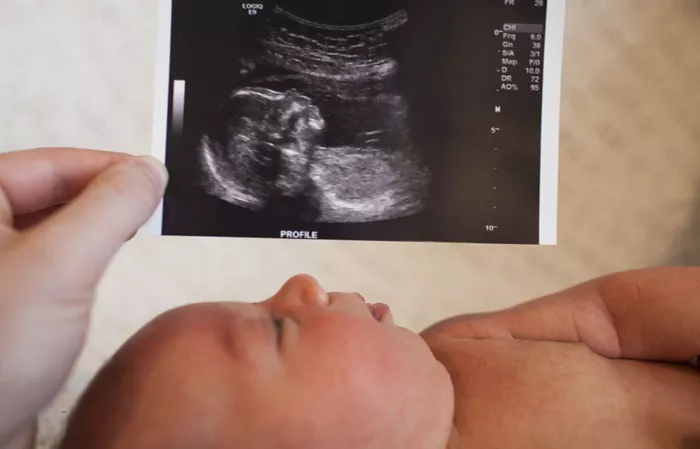A new study published on September 23 in Prenatal Diagnosis reveals that pregnant women with public insurance are less likely to receive 20-week ultrasounds. This trend contributes to disparities in the prenatal diagnosis of congenital heart defects.
The research team, led by Dr. Joyce Woo from Ann & Robert H. Lurie Children’s Hospital in Chicago, emphasizes the need to address the lower rates of second-trimester ultrasounds among publicly insured women. “To equitably improve prenatal diagnosis rates of congenital heart defects, we must focus on increasing the number of second-trimester ultrasounds,” the team stated. The 20-week ultrasound is a crucial examination that assesses major fetal organs and detects potential birth defects. This exam is standard in prenatal care and is typically covered by Medicaid.
Despite this coverage, the researchers found that pregnant women often face obstacles in obtaining the ultrasound, such as difficulties in taking time off from work.
To investigate the insurance-related disparities, Woo and her colleagues analyzed electronic health records of pregnant women whose infants underwent congenital heart defect surgery in Chicago between 2019 and 2020. Their study included data from 496 women. Among them, 305 received a prenatal diagnosis of a fetal heart defect, and 215 were publicly insured.
The analysis revealed that women with public insurance had a 12.6% lower chance of receiving a prenatal diagnosis. Furthermore, they found a 13.2% lower likelihood of having a second-trimester ultrasound. However, this lower likelihood was not linked to prenatal diagnosis once they accounted for whether the women received the ultrasound. The researchers suggested that this indicates a mediation effect. “Mediation analysis confirmed that receipt of the second-trimester ultrasound explained 39% of the relationship between public insurance and prenatal diagnosis,” they noted.
The study’s authors believe that if publicly insured patients can access their second-trimester ultrasounds, it could help them overcome barriers to obtaining fetal echocardiograms. This is significant because suspected congenital heart defects identified during ultrasounds are the most common reason for referring patients for fetal echocardiograms.
Dr. Woo shared with AuntMinnie.com, “We found that pregnant individuals with public insurance are less likely to receive a prenatal diagnosis of a congenital heart defect compared to those with private insurance. This is partly because they are less likely to have a second-trimester ultrasound.” She added that various factors contribute to this issue, including patients not fully understanding the importance of the second-trimester ultrasound, limited appointment availability, and transportation challenges. These are areas where healthcare providers can intervene to ensure equal access to this vital test for all pregnant individuals.
However, the authors acknowledged significant knowledge gaps in understanding the socioeconomic factors behind disparities in prenatal diagnosis.
“Future research, policies, and public health initiatives that aim to reduce barriers to second-trimester ultrasounds could improve overall prenatal diagnosis rates for congenital heart defects in a fair manner,” they concluded.
The research team plans to continue exploring this issue. “We are currently working to better understand patient perceptions regarding second-trimester ultrasounds and the regulations surrounding ultrasound and echocardiogram quality,” Dr. Woo said.
You Might Be Interested In


